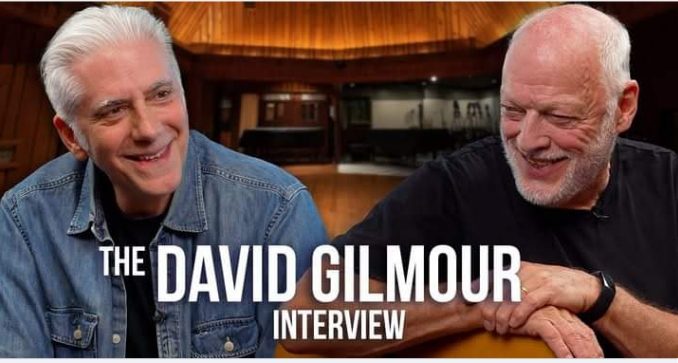
David Gilmour, the legendary Pink Floyd guitarist, has announced his highly anticipated fifth solo album, Luck and Strange, set for release on September 6, 2024. This marks his first solo project in nearly a decade, following 2015’s Rattle That Lock. The album’s creation was deeply influenced by the COVID-19 lockdown, during which Gilmour and his family hosted livestream sessions dubbed the “Von Trapped” series, a playful nod to The Sound of Music. These sessions reignited his creative spirit and laid the foundation for Luck and Strange .
The album is a family affair, with Gilmour’s wife, novelist Polly Samson, penning the majority of the lyrics. Themes of aging and mortality permeate the songs, reflecting a mature perspective on life’s transient nature. Their daughter, Romany Gilmour, contributes vocals and harp, while their son, Charlie, co-writes lyrics for the track “Scattered”. Notably, the title track features keyboards recorded by the late Pink Floyd keyboardist Richard Wright in 2007, adding a poignant touch to the composition .
Produced by Gilmour and Charlie Andrew, Luck and Strange showcases a departure from Gilmour’s past works, embracing a more liberated and forward-thinking approach to music. The album includes eight original tracks and a cover of “Between Two Points” by the Montgolfier Brothers. It has already achieved commercial success, becoming Gilmour’s third number-one album on the UK Albums Chart .
In a recent interview with Rick Beato, Gilmour discussed the album’s creation process, emphasizing the importance of collaboration with his family and the freedom to explore new musical directions. He expressed a sense of liberation from the expectations tied to his Pink Floyd legacy, allowing him to fully embrace his current artistic vision .
Following the album’s release, Gilmour embarked on a tour to promote Luck and Strange, with performances scheduled in cities including Rome, London, Los Angeles, and New York City. The tour has been well-received, with critics praising the intimate and introspective nature of the
Be the first to comment